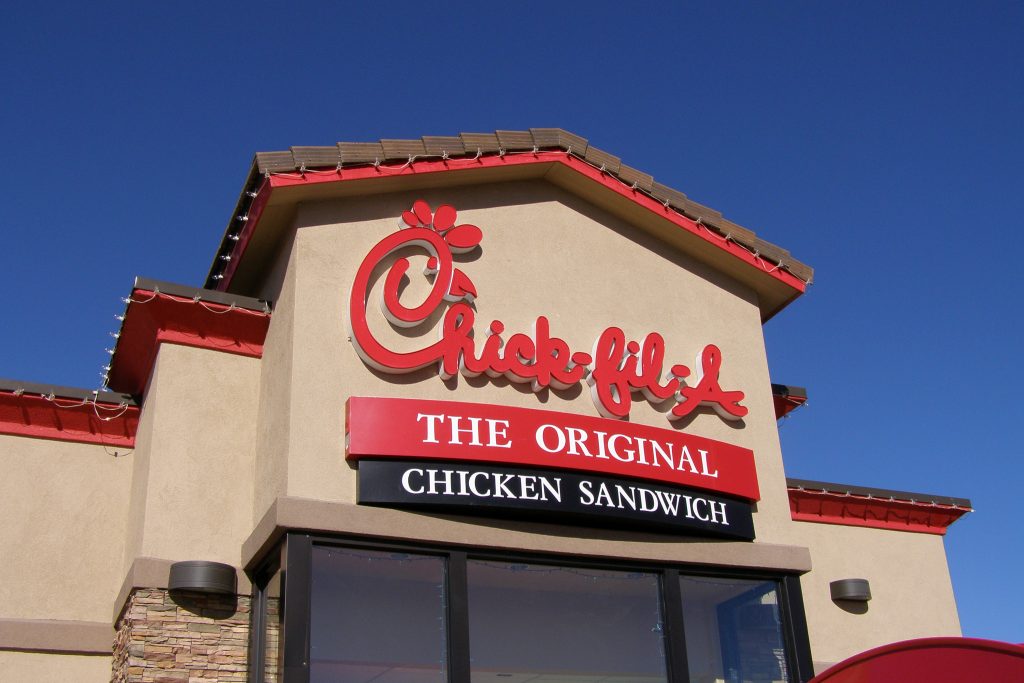
In this day and age, almost everything is controversial — our government, celebrities, the media and even the stores and restaurants we go to. The problem lies in deciding which controversies should stop us from supporting the people behind them or whether just enjoying the things they’ve done should be considered supporting them at all. If we all opted to simply boycott the work done by the people we find controversial, there’d be very few things left in the world for us to enjoy.
Events that transpired within recent years have led to more and more people questioning whether it’s morally right for them to start or continue to support things that are the product of controversial people. One of the main things that pushed people towards questioning this was the Me Too movement. The Me Too movement was founded by Tarana Burke in 2006 when she started using the phrase “Me Too” to bring attention to sexual abuse. However, it wasn’t until 2017 that the movement developed into a worldwide phenomenon due to the Harvey Weinstein sexual abuse allegations. Harvey Weinstein, the co-founder of Miramax and former film producer, was accused of sexual abuse by over 80 women and alongside him several other male celebrities. The movement was so prominent that people became skeptical about whether it was ethical for them to still enjoy Weinstein’s work, or the work of all the other celebrities who’ve been accused of sexual abuse thus far.
Even if one were to abandon the movies they’ve probably been watching for the majority of their lives in the name of ethics, what about the sports that have controversial players? Several NFL players like Ray Rice, Adam Jones, Brandon Marshall and, most recently, Kareem Hunt have been accused of domestic violence. Does that mean our pleasure from the games they played in or continue to play in should be questioned too?
If these are things we must ask ourselves, then we need to examine the stores and restaurants we go to as well. One fast food restaurant in particular has been cause for debate: Chick-fil-A. A wide variety of people find their food enjoyable and it’s one of the healthier fast food restaurants to eat from, but some of their ideals have proven to be contentious, mainly their stance on LGBTQ rights. The CEO of the restaurant, Dan T. Cathy, made a series of public comments that opposed same-sex marriage. Again, some might say that the best solution to this would be to avoid eating at Chick-fil-A in order to not show support for the franchise, but I’d disagree.
“Don’t let the actions of a few determine the way you feel about an entire group. Remember, not all Germans were Nazis,” holocaust survivor Renee Firestone once said. We can’t let the actions of some push us into renouncing a whole group, team or franchise. The fact of the matter is, not all male celebrities are sex offenders and abandoning the work done by the ones who are would also be abandoning the work that an entire group of people put time and effort into. Similarly, not all sports players are abusive and not all Chick-fil-A employees are homophobic.
There will never be a perfect solution when dealing with issues of ethical concerns like those listed above. The most we can do is to make clear that we don’t support the individuals who are guilty of things or ideals we don’t agree with.


